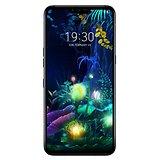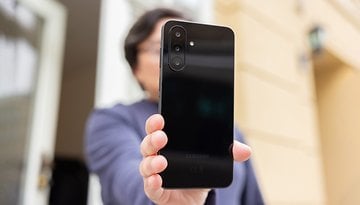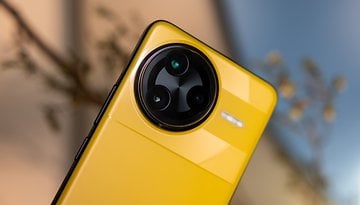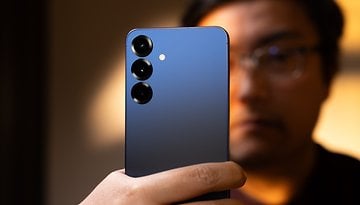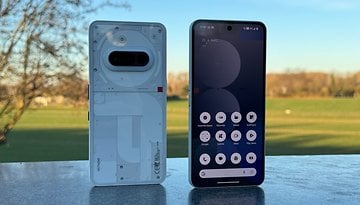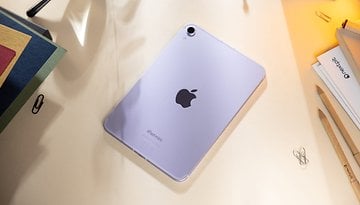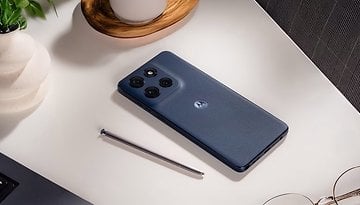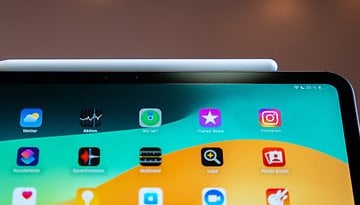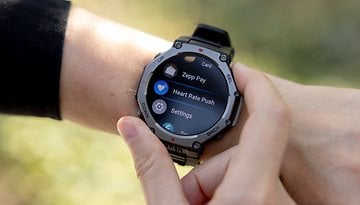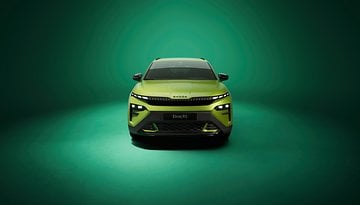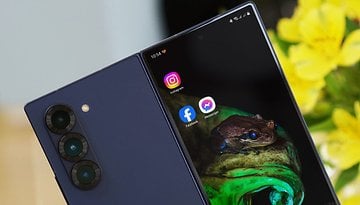LG V50 ThinQ hands-on: missing something, and not a just second screen
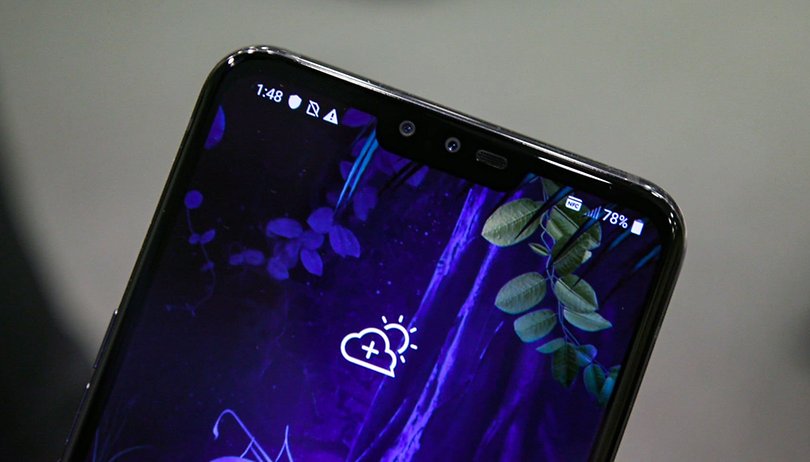

No, LG did not show up at the Mobile World Congress with a folding smartphone. It is still too early for such a device. However, the South Korean manufacturer has announced the V50 ThinQ, a 5G smartphone that looks to the future and tries in some way to challenge the foldable stars of this year's MWC.
LG V50 ThinQ: a smartphone that looks to the future
The successor to the V40 ThinQ has learned more tricks, as is normal for all new generations, and in this case, it is a feature that looks to the future. The V50 is, in fact, the first 5G smartphone from LG, who doesn't want to be left behind in the race to the new communication standard.
The V50 is currently destined for the US and Korean markets. As in the case of the G8, LG has been rather coy when it comes to price and availability but in any case, it should arrive first on Sprint and then only later become available on other operators.

LG jumps on the 5G bandwagon with the V50. Several manufacturers are releasing dedicated 5G devices despite the fact that there is still no real demand from users yet. Moreover, the infrastructure supporting 5G is not yet a guarantee and the situation varies from country to country. Despite all this, 5G is a hot topic in the smartphone industry that must be addressed if you do not want to be excluded from the adults' table.
With the V50, the South Korean manufacturer is trying to help users by solving three problems: battery life, overheating of the device and the fact that the previous V-series phablet was a little too large and unwieldy. The V50 integrates a vapor chamber cooling system, a promising 4000 mAh battery and sports an elegant design in one body just a little thicker than the V40 (we're talking 8.3mm instead of 7.8mm). In my hand, the V50 fits well even if I prefer the G8, more compact and suitable for smaller hands. Performance has been improved thanks to the presence of the Qualcomm Snapdragon 855 processor alongside 6GB of RAM, combined together to optimize the user experience.
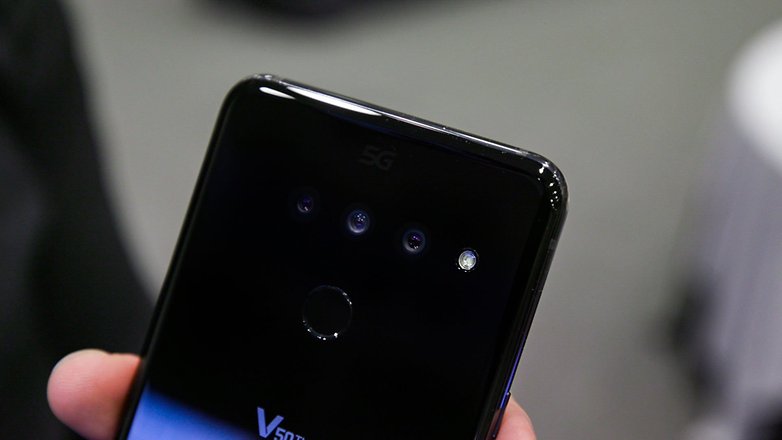
The best OLED on the market?
When you look at it, the V50 looks a lot like the V40. The front panel features a dual camera and a large 6.4" 19.9:9 FullVision OLED display in QHD+ with a notch. LG presents it as the best OLED screen on the market (directly challenging home rivals Samsung) with particular reference to color consistency.
It is difficult to judge it in the short time spent with the device but an aspect to be considered without a doubt during the final test. In any case, as in the case of the G8, even on the V50, the colors are vivid.
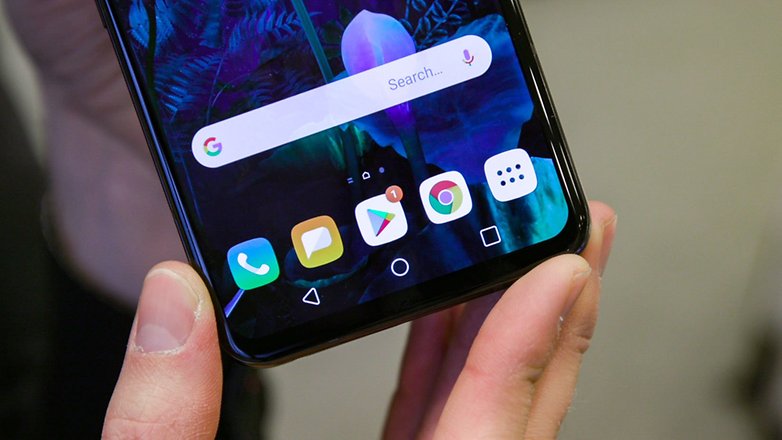
Five cameras but G8 ToF sensor missing
On the back, the triple camera is lined up alongside the LED flash. The horizontally arranged sensors offer 12+16+12MP (standard, super wide-angle and telephoto) respectively. It's pleasant to find the entire compartment well integrated into the body of the device without protrusions. The circular fingerprint reader also remains on the back. But back to the camera, one of the key components of this smartphone.
There is a manual mode and a whole series of functions that allow you to "play" with filters, bokeh effect (even in videos), AI, recording in 4K and HDR 10. When it comes to video, a dedicated button for YouTube streaming also comes into play. This function has been presented as "designed for 5G" but in reality, it is also present on the G8... in any case, it does nothing but allow the rapid launch of the YouTube app.
On the front, is integrated the double camera consisting of a standard 8MP sensor and a 90° wide-angle 5MP sensor. There is no ToF camera, which is present on the G8, and therefore the related functions such as unlocking via Hand ID. I don't understand this choice. Why present the V50 at the MWC not far from the V40 and not equip it with all the new functions also present on the G8? It's a bit like presenting two flagships in half, both somewhat incomplete.
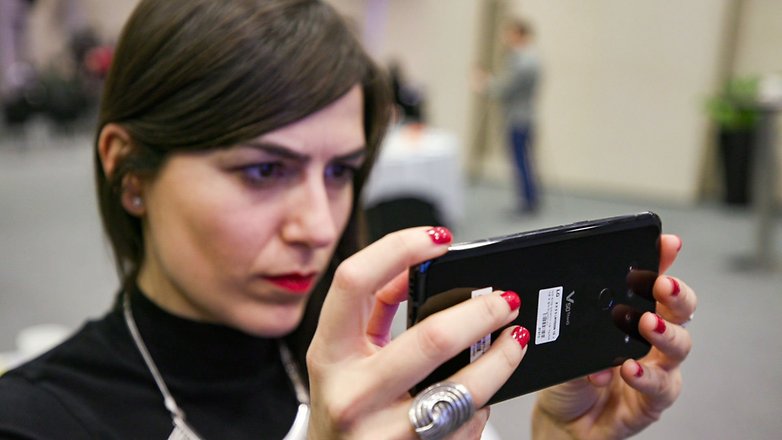
Two screens for a foldable experience
The V50 ThinQ can be accompanied by a 6.2" FHD+ OLED secondary screen that can be connected to the device through a dedicated cover. The advantages offered by this feature are the ability to have real-time access to preview and angle of the photos you want to take, a more immersive gaming experience (one of the displays acts as a joypad), access to two apps simultaneously as well as the ability to take and share screenshots more conveniently and quickly. The second screen can also reflect light to optimize selfies in low light conditions. The availability of the two screens at the same time can also be useful during video calls or at least this has been proposed by the brand.
Depending on how you use your device (whether it's gaming or photography), the second display can come to the rescue. The question remains: how much does this additional accessory cost? Because it is not part of the purchase package and knowing the price is important to assess the need for it.
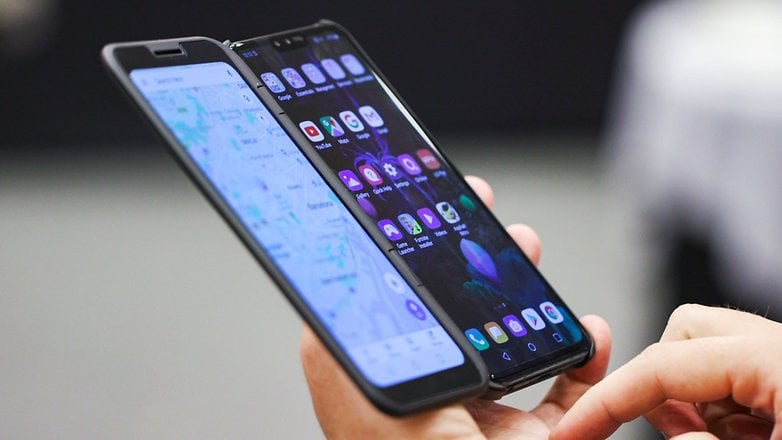
LG wanted to reiterate that at the moment, meaning 2019, the market for folding smartphones is still very limited and that therefore the manufacturer does not feel the need to invest resources in a niche sector still expensive and not fully mature. A completely understandable position. But this second additional display seems to want to almost propose itself as a surrogate for a foldable...
LG V50 ThinQ technical specifications
Early Verdict
Even LG does not give up the launch of its 5G smartphone showing how it wants to prepare for the future and keep up with the technologies of the moment. It does so, however, by releasing the V50 together with the G8, rather than releasing, for example, a 5G version of the G8 or the still recent V40.
The brand wants to specify how at the moment the G line focuses on LTE while the V line on 5G, but at the same time it's difficult to understand the strategy behind the launch of two flagships of the same company, at the same time, where neither of the two really seems to stand out from the other as being the most complete in all respects. Once again we have in front of us a good smartphone, especially for multimedia (from the camera, to the display, to the stereo audio experience) but it could be difficult to find its place.
